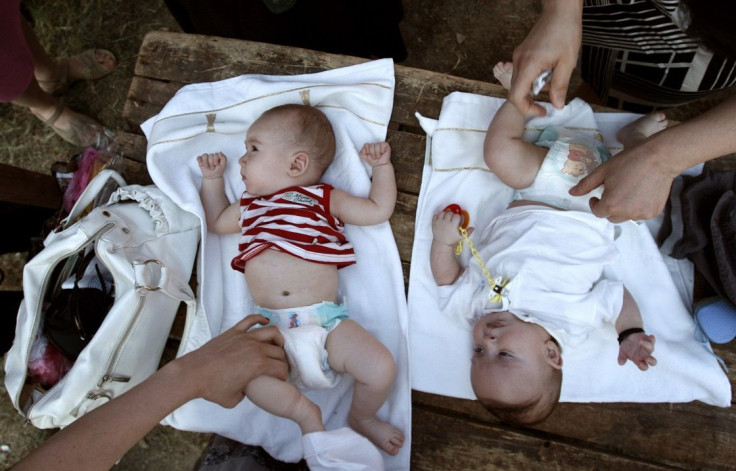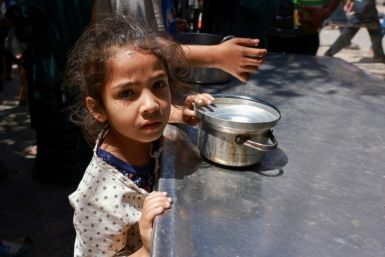Sexuality educator: Parents should ask children permission before changing their nappies

Parents should ask their babies’ permission before they changed their nappy, a sexuality educator has claimed. Deanne Carson said consent is crucial in any situation and should be asked of anyone, including infants.
Speaking with the ABC about Saxon Mullins’ case, which sparked debate on sexual consent, Carson said consent should be taught staring at home. She said that parents should set up a culture of consent in their home as early as possible.
When changing the diaper of their babies, the parents, she said, should ask them first. This is to forge good communication habits and teach consent.
“We with children from three years old and we work with parents from birth. Just about how to set up a culture of consent in their home,” she said. “’I’m going to change your nappy now, is that okay?’ Of course the baby’s not going to respond, ‘Yes, mum, that’s awesome. I’d love to have my nappy changed.’
“But if you leave a space and wait for body language and wait to make eye contact then, you’re letting that child know that their response matters.”
Carson, works with Body Safety Australia, an organisation that aims to prevent child abuse, has coped ridicule on social media following the interview. Commenters claimed Carson’s suggestion was absurd, saying babies wouldn’t even understand what was going on. Parents, some argued, do whatever they must to take care of their kids, regardless if their children want it or not. Diaper-changing isn’t a sexual act, and so must not be treated as such, they said.
However, Carson’s message was just misunderstood, according to Katie Russell, a spokesperson for Rape Crisis England and Wales. Russell told Newsweek that Carson had a good message about consent.
“She’s simply making the very reasonable case for establishing a ‘culture of consent’ in households and with children from the youngest possible age,” Russell said. “This is about both getting parents and carers into positive habits of not assuming consent from their children and about teaching children that they have a right to decide what happens to their bodies.”
She added, “When we know child sexual abuse is so widespread, it’s hard to understand why simple, respectful practices like this, aimed at reducing and preventing future harm to children, would be so ridiculed.”
Carson responded to her critics on Facebook, which appears to have already been deactivated, She shared statistics of child sexual assault, saying, “The work we do with children, teachers and parents is the international best practice in abuse prevention.”






